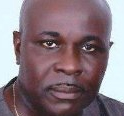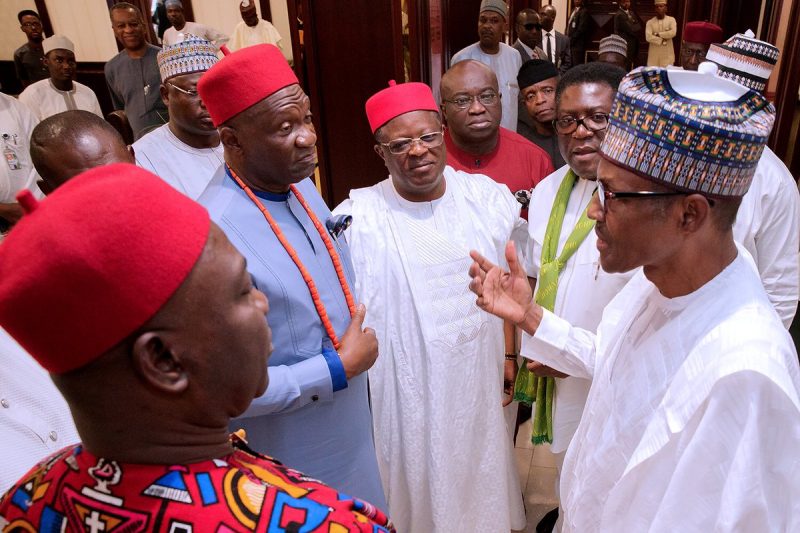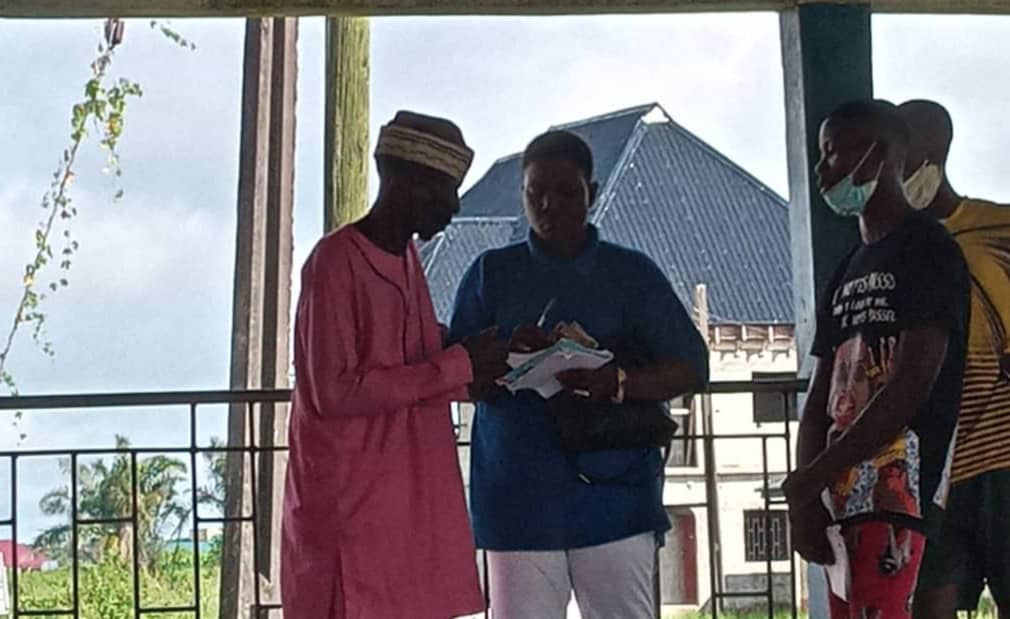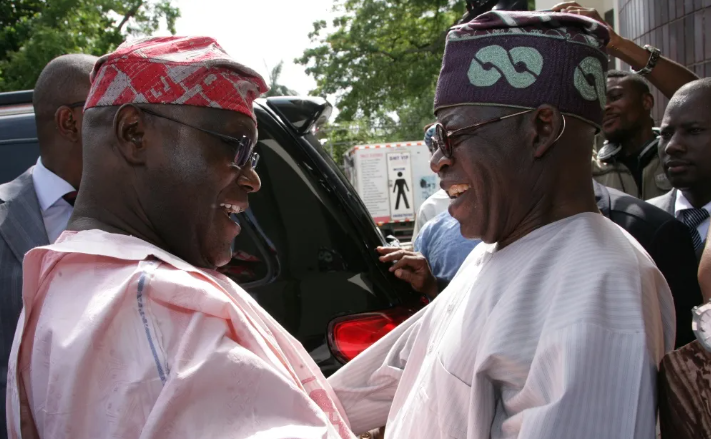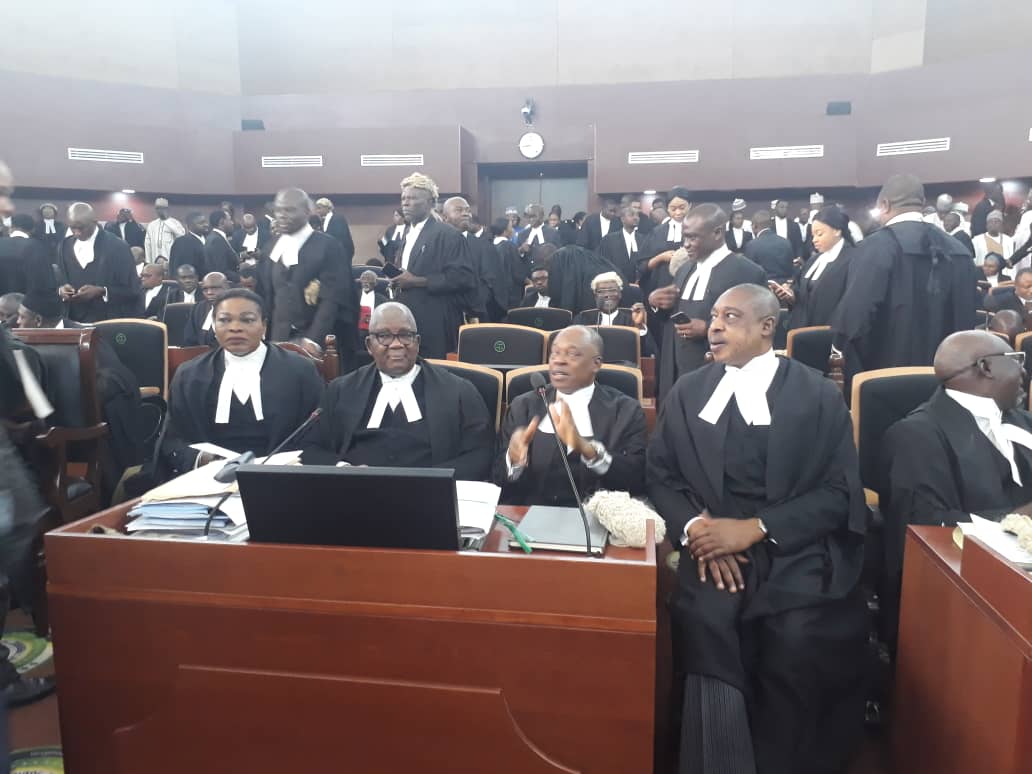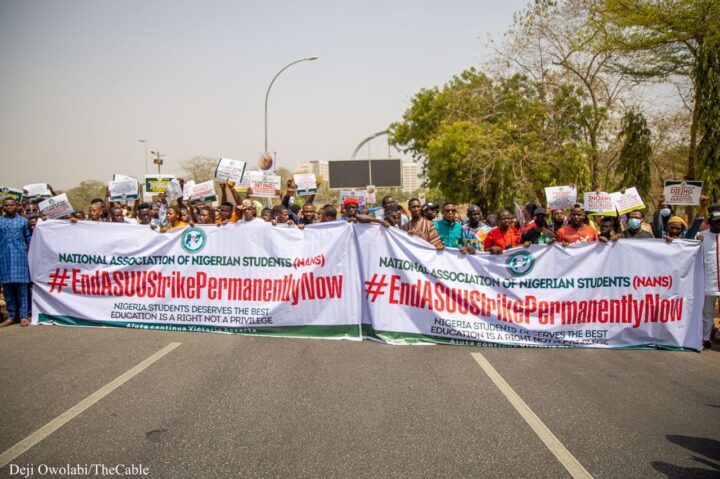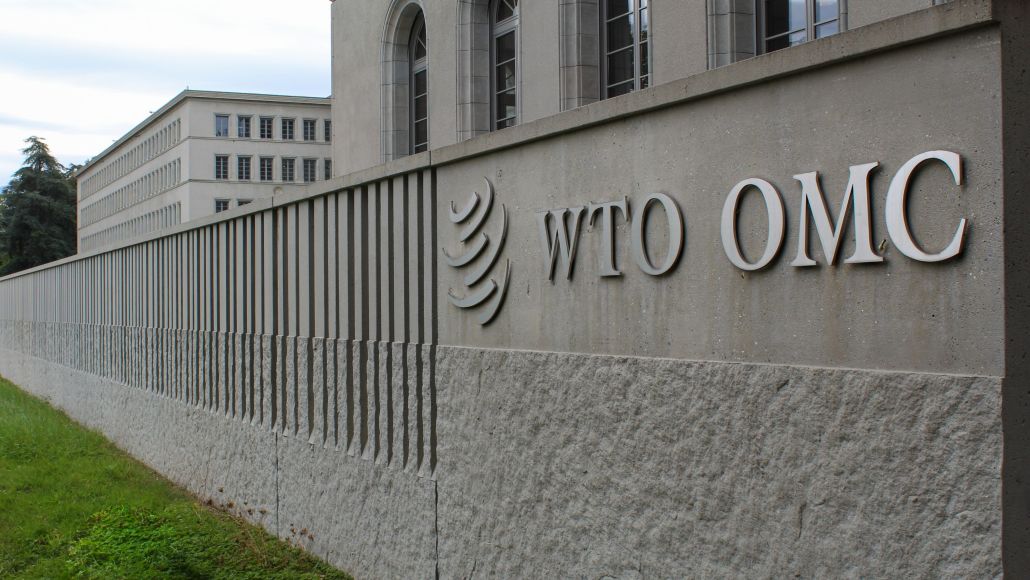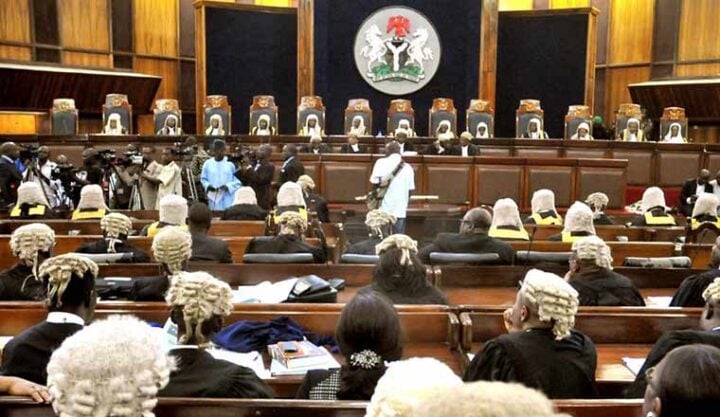Many Nigerians were taken aback that at the last presidential primaries of both the PDP and the APC, an overwhelming majority of the delegates from the south-east geopolitical zones failed to vote for candidates from the zone – despite the perennial clamour for a president of Igbo extraction, and the Igbo use of the ‘marginalisation’ argument to engage the national political process.
Many have also noted that while Peter Obi, former governor of Anambra state, has become a metaphor for a pan-Nigerian movement that is seeking to upturn the political status quo, prominent Igbo political elites are hardly part of it. Following this, some have raised questions about whether the above instances reek of the absence of self-love among the Igbo or their inability to walk the talk in the whole cries about marginalisation.
There are several levels for explaining this apparent ‘anomaly’:
One, at the national level, there are structural factors that predispose the behaviour of the Igbo political class. For instance, the south-east is the only geopolitical zone with five states – compared to the six by the other four and the seven by the north-west. Also, it has the least number of the 774 local government areas in the country, with only 95, compared with the north-west (186), the north-east (112), the north-central (121), the south-west (137) and the south-south (123). Since the number of states and local governments has implications for both revenues received from the federation account, representation at the national assembly and the number of delegates a geopolitical zone has, this structure disadvantages the south-east and is at the heart of the zone’s ‘marginalisation’ agitations.
Advertisement
The southern sub-region is also disadvantaged by the national structure, and just as the south-east uses ‘marginalisation’ to engage the nation, the entire south, in particular the south-west, uses ‘restructuring’ as its mantra when it competes with its northern counterparts.
Two, at the southern sub-regional level, the south-east faces the same disadvantage it and the entire south face at the national level. This structure means that just as the north must agree to any power shift to the south, the south-west holds the ace when it comes to micro zoning within the south. Given this dual disadvantage, some Igbo political elite seem to believe that since the structure places a glass ceiling on how far any Igbo can go politically unless the North and the south-west ‘magnanimously’ concede the presidency to the south-east, it will be every man unto himself – with most adopting the philosophy of “the goat follows the man with the palm fronds”.
Three, another factor that explains the political behaviour of the Igbo elite, is the memory of the civil war – on both sides. This has led to subliminal but lingering suspicion between the south-east and the rest of the country. Those who were part of the federal alliance during the war get advantaged in any political competition with the south-east which requires alliances with other parts of the country. For instance, it would have been difficult for a south-east politician to build the sort of structures in the north that Asiwaju Bola Ahmed built and which helped him to win the APC’s presidential primary – not because they are not capable of doing so but because they would have been inhibited by the subliminal memory of the civil war and the narratives around it. Many Igbo believe that their structural disadvantages at both the national and the southern sub-regional levels are related to memories from the civil war.
Advertisement
Four, it would seem that the memories from the civil war and the structural disadvantages arising from it also facilitate the politics of ‘inconsequentialising’ the zone. This in turn imbues in some Igbo elites what could be best called ‘bleaching complex’ – a tendency by some to deny or dilute their Igbonness in the hope that it would gain them a better national acceptance. This manifests not just in an Okechuwu from Delta state denying his Igbonness but in some south-east political elites aligning with candidates from other zones to prove either that they are not clannish or are driven by ethnic sentiments in their political options. This ‘bleaching complex’ also sharpens the internal contradictions among the various cultural areas in the south-east with some states claiming they have more affinities with some non-Igbo states than they do with the Igbo of their brethren in the south-east – even if when such states are poorer than the states in the south-east. Truly, failure is an orphan.
Five, another factor that explains the behaviour of the Igbo political elite is that most Igbo societies did not pass through the feudal epoch in which people become habituated to being subservient to central authorities. While this gives them advantages in individual enterprises because “they neither fear ‘god’ nor man”, it disadvantages them in vocations like politics where the most successful groups are often those which demonstrate the highest levels of three critical Cs – being cohesive, conscious and conspiratorial. This means that because of the absence of any overarching individual or institution to which all the contending Igbo political elites submit, forging elite consensus among the Igbo becomes more difficult than elsewhere.
This does not mean the Igbos are not united. They tend to unite around core values but often without a mediating authority who commands legitimacy across the various contending forces. There is a noticeable divorce between the political elite and the generality of the Igbo population.
Six, related to the above is that the Igbo culture is inherently anti-dynasty. This means that any Igbo politician who tries to invest in political structures or in nurturing protégés and uses same for political or economic advancement (as some do in the north and south-west) would be viewed with deep suspicion in Igboland. This becomes a disadvantage when Igbo politicians seek to play at the national level.
Advertisement
Seven, following from the above, it is possible that the south-east delegates at the just concluded PDP and APC primaries concluded that in the absence of a deliberate national decision to concede the presidency to the south-east (the only way they feel the zone can produce the president), it is better for them to either trade their votes or use them to buy future favour from a candidate they imagine will have a better chance of winning at the primaries. The same may also explain the attitude of the Igbo political elite to the Peter Obi-inspired anti-status quo political movement.
Eight, a very important question following the above is how do we explain the Peter Obi phenomenon? Since the civil war, the average Igbo goes with the conscious or unconscious belief that the Igbo is either not wanted at certain critical offices or is at best viewed with suspicion. That an Igbo could be the face of challenging the status quo by angry youths from across ethnoreligious lines challenges this thesis. This seemed to be a pleasant surprise to some Igbo youth, including the separatists who appeared to have re-awakened their faith in the Nigeria project. The Igbo youth, with some paying as much as N5,000 to obtain a PVC (which they call Peter Obi Victory Card) are obviously under no illusion that Obi will favour them if he becomes the president.
In fact, there are stories that as governor of Anambra state, Obi forbade his siblings and members of his community/town from either visiting him in the government house or asking him for contract. The euphoria with which Nigerian youths are enthusiastically embracing the Obi-inspired national movement (even when the Igbo political elites are hedging their bets for survival) is akin to the feeling blacks had across the world when Obama was making what seemed at the time to be an audacious bid to become the president of the US. It gives hope that despite the current challenges, it is not impossible for a true Nigerian nation to emerge out of the ashes of the current polarisation and agitations to de-link from the Nigerian state.
Can Obi win the election? I believe it is wrong to define victory only in the very narrow terms of winning the main trophy. Being able to impact significantly on the process and change the narrative is itself, a victory. What some people wrongly call ‘failure’ is often an unwanted outcome which says nothing about one’s impact on the process. Similarly, some victories are pyrrhic – meaning that they are as costly as defeat. My belief is that if Obi can sustain the tempo, he will have won the game. The trophy will only be a bonus.
Advertisement
Lost opportunity for some to become living saints?
After the presidential primaries of both the APC and the PDP, I felt some individuals lost golden opportunities to make themselves living saints. For instance, I contemplated what would have happened if a month or so before the APC’s primaries, President Buhari had given a very powerful and emotional speech, appealing to his party members, not only to allow power to shift to the south but also for it to go to the south-east in the interest of “justice, equity and fair play”.
Advertisement
I also wondered what would have happened if Bola Tinubu, on the convention ground after some candidates had stepped down for him and it became obvious he was in the throes of victory, said he too was stepping down for a candidate from the south-east in the interest of “justice, equity and fair play”. I equally contemplated on what would have happened if Alhaji Atiku Abubakar decided to withdraw from the PDP presidential primaries and threw his weight behind a candidate from the south-east.
I felt this would have been the greatest victory without the trophy in the annals of the country’s political history and which would have turned these politicians into living saints. Let us remember that Nelson Mandela became the greatest moral authority while he lived not on the basis of any political or economic transformation of South Africa but by the simple act of forgiving those who jailed him for 27 years for fighting for the liberation of his people.
Advertisement
Adibe is a professor of political science and international relations at Nasarawa State University, Keffi and publisher of the London and Abuja-based Adonis & Abbey Publishers (www.adonis-abbey.com), which publishes books, peer-reviewed and indexed journals and the online newspaper, The News Chronicle (www.thenews-chronicle.com)
Advertisement
Views expressed by contributors are strictly personal and not of TheCable.
Add a comment
